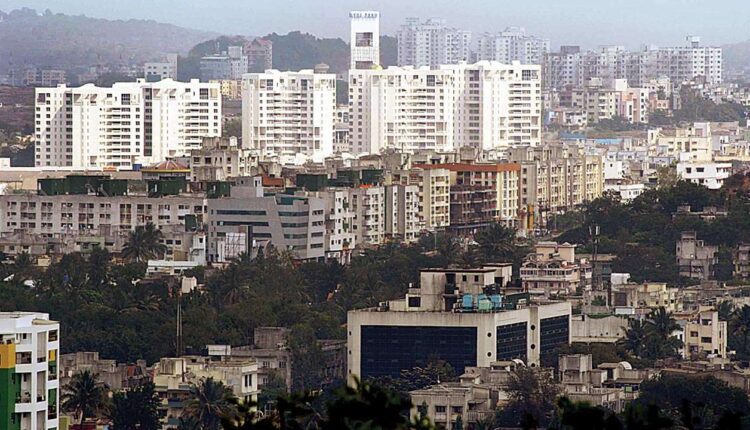After SC ruling, Sambhajiraje says: Centre should now clarify if it wants to give reservation to Marathas
A day after the Supreme Court dismissed the Central Government’s review petition for reconsidering its May 5 judgement, ruling that state governments do have power to draw up their own lists of backward classes, Sambhajiraje Chhatrapati, who is spearheading Marathha community’s demand for resevation, said the Centre should not clarify its stand vis-a-vis Maratha reservation.
“After the Supreme Court dismissed its review petition, the Centre will have to clarify its stand on Maratha reservation. The central government will have to reveal whether they want to give reservation to Maratha community or not,” Sambhajiraje said on Friday.
Sambhajiraje said after the SC ruling, it is clear that the Centre now has a more prominent role in deciding the reservation. “The state government’s role has not got limited to only making recommendation. The central government will have to take the call on reservation. We want to know whether the Centre intended to give justice to Maratha community or not. The Centre should set the record straight on this count,” he said.
Sambhajiraje said the Supreme Court has rejected the 102nd constitutional amendement. “This means, the state has no right to make SCBC Act. Now what is the alternative left? The second option is the state can set up another Backward Class Commission under Article 338 (B). It can again collect the date for proving the social and education backwardness of Maratha community. The state can request that under exceptional circumstances, reservation should be given to Maratha community. This commission should overcome the lucanaes of the Gaikwad Commission. The Governor can then make recommendations to the President. The President can ask the National Backward Class Commission to look into it. The commission can seek data from the State Backward Class Commission. The President can then place it before the Parliament,” he said.

Secondly, Sambhajiraje said the government can come up with an ordinance so that the states can get back the power to make the SCBC Act. “The apex court has rejected the 102nd constituional amendment. Therefore, the Centre will have to come up with an ordinance to restore the powers to make the Act,” he said.
Sambhajiraje said the state government is positive about meeting the demands raised by the community. “Of the 16-17 demands, we have asked the state government to speed 5-6 key demands. The government has already fullfilled one of the demand, that is setting up of a sub-centre of SARTHI in Kolhapur. It has sought 21 days to meet other demands. We will wait till then,” he said.
Another Maratha coordinator Vinod Patil, a respondent in the case in SC, said,”After the SC rejected the Centre’s review petition, the first task before the state government is to set up the Backward Class Commission and appoint members of Maratha community on it.”
Patil said a sub-committee should also be set up in connection with this. “The sub committee in a time bound manner should collect data available with the state and the Centre and prepare a fresh report,” he said. “This report should be placed before the cabinet and then the state legislature. The legislature should approve it and send it to the Centre. The Centre should then take the final call on reservation,” he said.
Stating that both Centre and State now cannot shrugg off their responsibilities, Patil said,”The responsibility of the Centre and state is now equal. The state will have to make recommendation for reservation and the Centre will have to accept it. If both the Centre and State decide, a solution can certainly be found,” he said.
– Stay updated with the latest Pune news. Follow Express Pune on Twitter here and on Facebook here. You can also join our Express Pune Telegram channel here.


